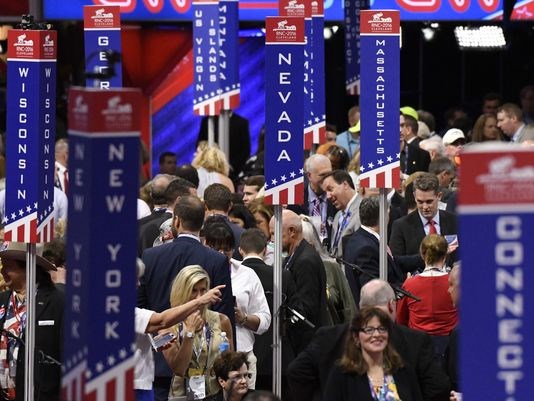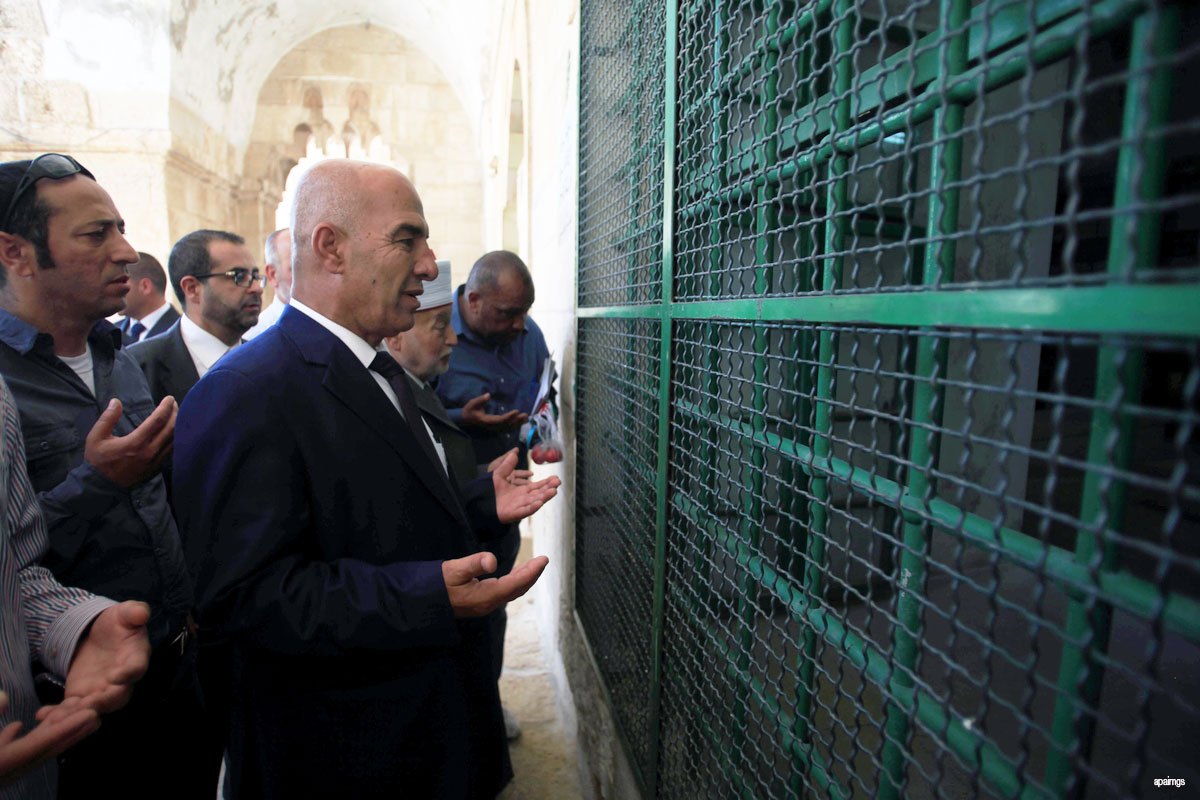By contrast, 15 of the 16 candidates running in Tehran on the list headed by Rouhani and his veteran political backer, former president Ayatollah Akbar Hashemi Rafsanjani, were resoundingly voted in.
A clean sweep in Tehran was followed by steady gains elsewhere, according to preliminary results, in a major fillip for the president, signalling overwhelming public backing for his landmark nuclear deal with world powers last year that ended a 13-year stand-off.
His policies led many conservatives to break with hard-liners, and the moderate conservatives' support for the nuclear talks and subsequent agreement widened the rift. It says moderates won 59 percent of the seats.
In Tehran, the Principlists and Reformists each came up with a list of 30 candidates. In order to fulfill his promises, Rouhani is in need of a more moderate parliament that will enable him to move forward with the economic measures he plans to implement, which include reducing the Revolutionary Guard's role in the economy, fighting the corruption that has assumed troubling dimensions in the country, and encouraging the foreign investment so desperately needed by the Iranian economy.
The intelligence minister said on Sunday that two terrorist plots had been foiled before the election.
The Assembly of Experts serves a function similar to that of the Vatican's College of Cardinals, and will one day have to pick a successor to Iran's current Supreme Leader Ayatollah Ali Khamenei. He made no direct comment on the results but suggested the newly elected bodies should not be influenced by the West.
The vote for the Assembly of Experts was seen as highly significant as current supreme leader Ayatollah Ali Khamenei, 76, who is said to be in ill health.
A further 36 seats went to independents - of whom 16 are known to lean towards conservatives and 13 are close to reformists, with the others of no clear affiliation.
How Tina Fey got role in 'Whiskey Tango Foxtrot'
To the filmmakers' credit, they work hard to get things right while otherwise maintaining some semblance of accuracy. In fact, without her, I don't think I would have found the film almost as enjoyable.
Commentators say the results could mean Iran will further its new ties with the West after the recent nuclear deal that resulted in sanctions being lifted. "One election is not going to change everything", said Alireza Nader, a senior worldwide policy analyst at RAND Corp. They remain deeply divided on a host of regional issues, including Tehran's support for Syrian President Bashar Assad and militant groups like Hezbollah and Hamas, which are committed to Israel's destruction.
Millions voted on Friday to elect the 290-seat parliament as well as members of the Assembly of Experts.
Iranian media is banned from mentioning Khatami's name or publishing his pictures.
"The structure of the Iran's ruling system is such that no political faction can change the main policies rooted in its core principles. People's vote is limited to the responsibility they have been given in the constitution", Shariatmadari wrote.
First of all, none of the major political camps has a majority in the parliament.
"The people showed their power once again and gave more credibility and strength to their elected government", Rouhani said, adding he would work with anyone who won election to build a future for the industrialised, oil-exporting country. More than a dozen of the initial winners in those contests were women.
Pro-reform lawmakers had accounted for less than 10 percent of the outgoing chamber.
But Francois Nicoullaud, a political analyst and France's ambassador to Iran between 2001 and 2005, said economic development should not prove a problem "unless the guide (Khamenei) throws a spoke in the wheels".

